The Cherokee Nation continues to set a powerful example of what true tribal sovereignty and self-governance look like—particularly in the realm of justice and public safety. As a sovereign government, the Cherokee Nation holds one of its most sacred responsibilities: ensuring the safety and wellbeing of its citizens and communities. Grounded in generations-old Cherokee values, this mission has evolved into one of the most advanced and respected tribal justice systems in the United States today.
Recently, this progress and effectiveness were on full display as the Cherokee Nation welcomed top federal officials—including Principal Deputy Attorney General Emil Bove and Office of Tribal Justice Director Gina Allery—from the U.S. Department of Justice. The visit highlighted how far the Cherokee Nation has come, showcasing a justice system that is efficient, collaborative, and deeply rooted in tribal identity and sovereignty.
Justice Rooted in Cherokee History and Law
The Cherokee Nation has long operated with a firm commitment to justice. Since the adoption of the 1839 Cherokee Nation Constitution, the tribe established a full-fledged judicial branch, which included a Supreme Court and district courts. Their law enforcement roots go back just as far, with the founding of the Cherokee Lighthorsemen—Oklahoma’s oldest law enforcement agency—now modernized into what is known as the Cherokee Nation Marshal Service.
But history alone doesn’t define the Cherokee justice system—its continued expansion and modernization have been equally critical. One of the most significant shifts came following the McGirt v. Oklahoma decision in 2020. This landmark ruling reaffirmed tribal jurisdiction over criminal cases in Indian Country, leading to a dramatic increase in legal responsibilities for the Cherokee Nation.
Before McGirt, the Nation handled fewer than 100 criminal cases a year. Since the ruling, that number has soared, with the Nation filing over 25,000 criminal charges, transforming how justice is delivered across its 7,000-square-mile reservation.
A Justice System Built on Scale, Strategy, and Sovereignty
The Cherokee Nation’s justice system is now operating on a robust and expansive scale. According to Principal Chief Chuck Hoskin Jr., the Nation has:
-
71 full-time commissioned marshals
-
99 active cross-deputization agreements with local, state, and federal agencies
-
18 full-time attorneys supported by 26 staff members
These numbers reflect a strategic and well-funded approach. In fact, $74 million was allocated in 2024 alone for public safety operations—underscoring the Nation’s unwavering commitment to fairness, protection, and legal integrity.
This includes $50 million for a new justice center in Tahlequah and $10 million for another courthouse, with additional efforts directed at strengthening drug trafficking laws and reexamining sentencing practices, detention policies, and reentry programs for former inmates.
Cherokee Nation isn’t content with simply being functional. As Chief Hoskin puts it, the goal is clear: “We want to have the best justice system in Indian Country.”
A Justice System Powered by Partnerships
What truly elevates the Cherokee Nation’s efforts is its collaborative model. The Nation works hand-in-hand with local police departments, state troopers, and federal law enforcement to ensure seamless cooperation across jurisdictions. These 99 cross-deputization agreements aren’t symbolic—they’re strategic, allowing officers from multiple agencies to work collaboratively across shared geographies and communities.
This integrated approach ensures that justice doesn’t fall through bureaucratic cracks. Instead, it promotes real-time communication, shared goals, and a united front in the fight against crime, from drug trafficking to domestic violence.
These partnerships are particularly vital across the Cherokee Reservation, which spans a vast and diverse landscape of 7,000 square miles. By working with other agencies, the Nation multiplies its enforcement power while maintaining its sovereign authority.
Federal Recognition and Continued Dialogue
The Cherokee Nation’s success hasn’t gone unnoticed. Federal leaders—across both the Trump and Biden administrations—have routinely engaged with the Nation. Chief Hoskin and his administration have hosted numerous cabinet officials and high-level delegations, ensuring that Cherokee priorities are heard at the highest levels.
This recent visit from DOJ officials is just the latest step in a long-term strategy to secure federal support and alignment. These engagements are crucial not only for funding but for reinforcing the role of tribes as equal partners in the American legal and governmental framework.
Looking Ahead: A Model for Indian Country and Beyond
The Cherokee Nation’s justice system is more than just a local success story—it’s a blueprint for what tribal sovereignty can look like when properly supported and passionately led. Its model combines cultural roots with legal innovation, offering a powerful reminder that tribal governments are capable of delivering justice, safety, and accountability with excellence.
This system strengthens families, safeguards tribal citizens, and showcases the profound potential of self-determination. For other tribal nations and even non-tribal governments looking to reform their justice models, the Cherokee Nation stands as an inspiring example of what’s possible.
As Chief Chuck Hoskin Jr. concluded in his guest opinion:
“Cherokee Nation’s justice system is a model not only for tribal governments but for all who desire stronger and safer communities.”
And indeed, it is.

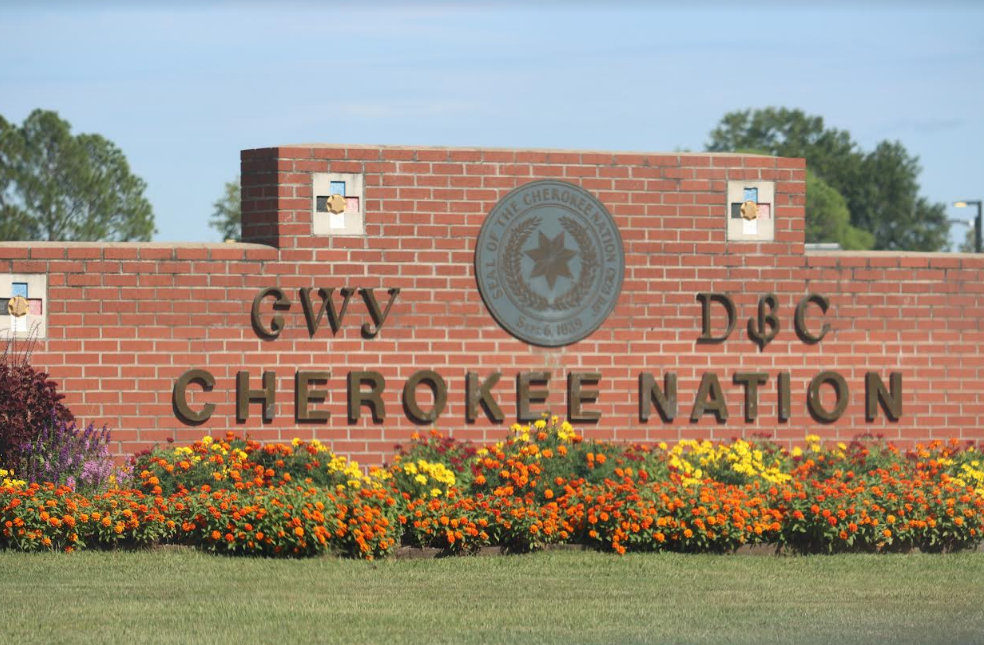
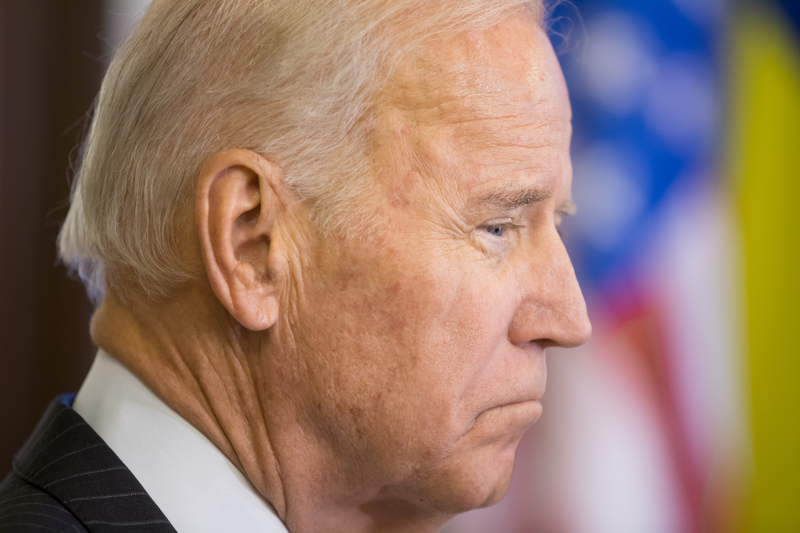
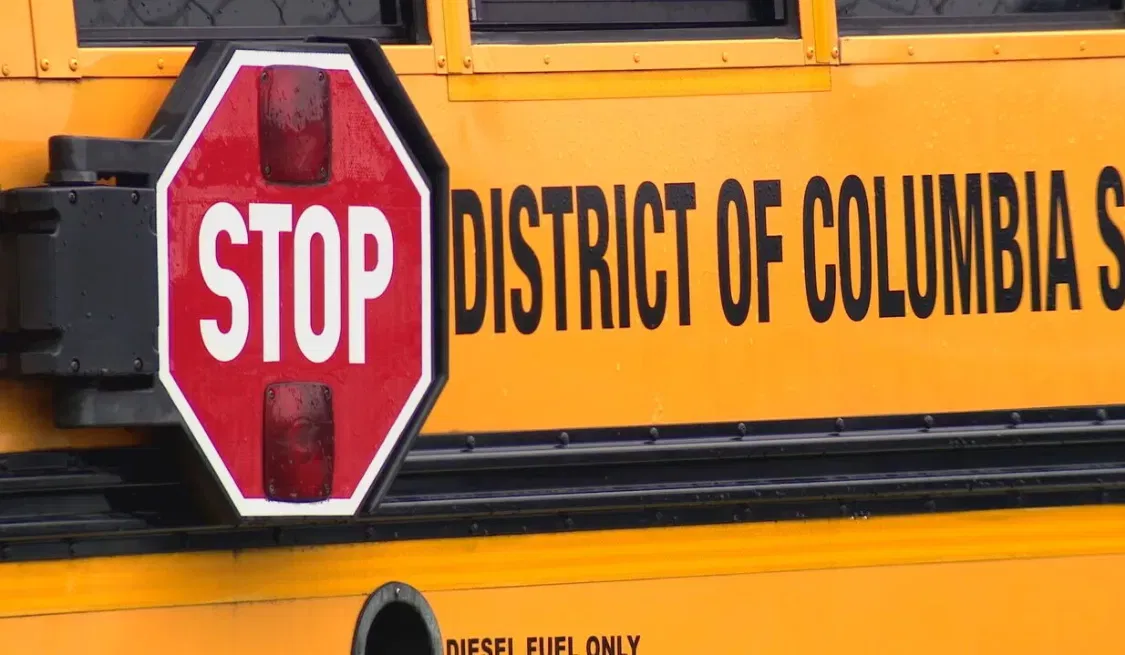

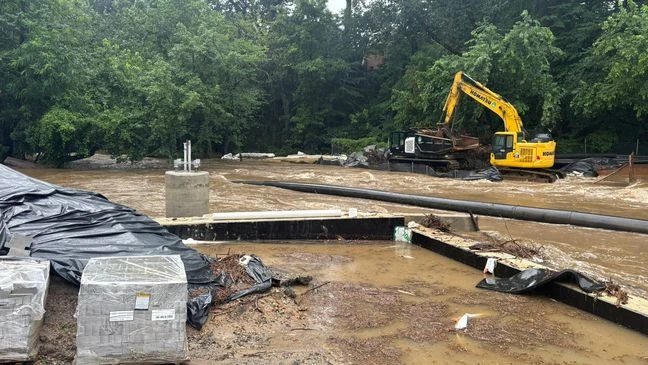



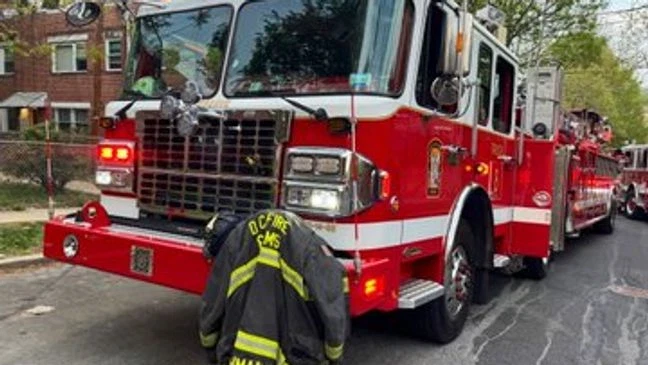






Leave a Reply